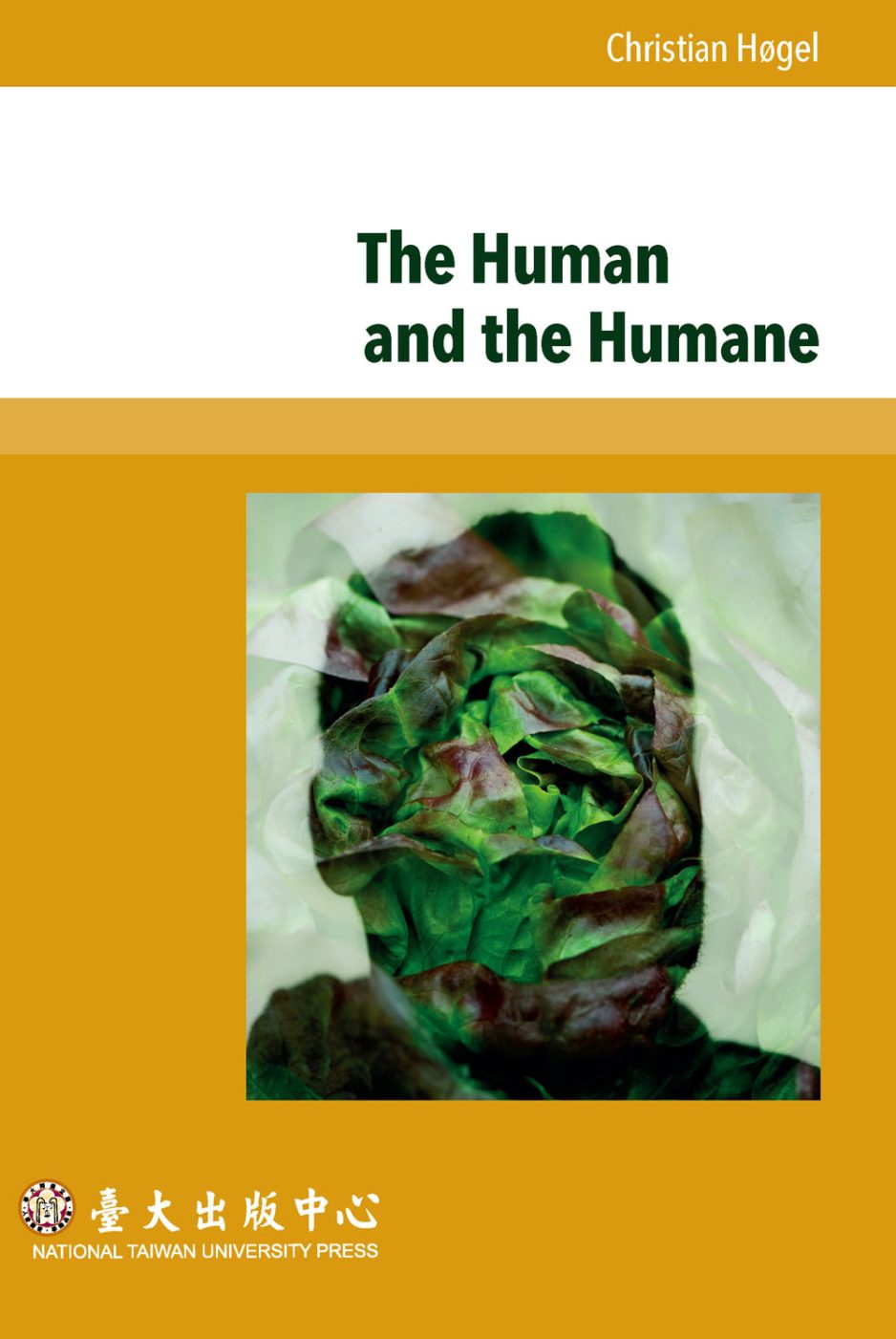- 定價650.00元
-
8
折優惠:HK$520

|
|
|
|
The Human and the Humane:Humanity as Argument from Cicero to Erasmus
|

|

沒有庫存
訂購需時10-14天
|
|
|
|

|
|
9789863500827 | |
|

|
|
Christian Hogel | |
|

|
|
國立臺灣大學出版中心 | |
|

|
|
2015年8月03日
| |
|

|
|
107.00 元
| |
|

|
|
HK$ 107
|
|
|
|
|

| |
|
|
|
|
| |
|
|
詳
細
資
料
|
ISBN:9789863500827叢書系列:Academic Series Reflections on (In)Huma規格:精裝 / 132頁 / 15.5 x 24 x 1.4 cm / 普通級
Academic Series Reflections on (In)Huma
|
|
分
類
|
專業/教科書/政府出版品 > 文史哲類 > 哲學 > 西方哲學 |
同
類
書
推
薦
|
|
|
內
容
簡
介
|
In times of conflicts and crises, an argument insisting on the humane is commonly heard. In wars, voices demanding a humane treatment of prisoners – as decreed by the Geneva Convention – will be raised. Opposition to social injustice may be framed in a collected call for a humane society. Even educational systems may insist on having a humane perspective among its leading causes. Words referring to man – humane, but also humanistic, humanitarian, even humanity – thus take on status of ideals for mankind. Man, in common and legal speech, thus becomes the conceptual marker of his own perfection. The subject of this book is the early history of this linguistic feature and in particular its argumentative use, from its starting point till early modern times.
|
|
目
錄
|
Foreword
Introduction
?
Chapter 1:
The Humane as Argument
Beginnings
?
Chapter 2:
The Humanitas of Cicero
Laws and diplomacy
The empire: provincials, barbarians, and slaves
The dynamic turn
Subject or object or both: cultural education or the law?
?
Chapter 3:
Implementing Humanitas
Imperial responses
Humanitas as ‘humanitarian’
Seneca
?
Chapter 4:
Christianizing Humanitas
Lactantius
Other medieval usages
?
Chapter 5:
Humanitas as Argument Against War
The Italian humanists
First beginnings in the Renaissance
Erasmus and later humanists
?
Epilogue: Ancient Humanitas after Erasmus
?
Bibliography
Abbreviations of ancient, Greek-Roman sources
Index
|
|
序
|
Introduction (excerpt)
?
Not all societies, or all times in history, have been guided by the possibility of such reference to man. This manner of speaking – and especially the argumentative use of it – had its beginning, in the Roman Empire, and from this point its ups and downs. In modern times and even more so now in a time of globalization, societies have increasingly adopted the manner of speaking, taking various stances towards the arguments of the humane, experiencing it at times as too weak, too all-encompassing, too difficult to amend, or simply indispensable. Many of the ultimate goals or higher ideals encapsulated in words as humane or humanity – in the ethical sense – may be expressed through other words, based on religious or (other) ethical beliefs, but the framing of these views with reference to man includes these ultimate goals within a universal understanding. This has at least the immediate advantage of pointing beyond any particular religion or confession, which may prove an asset in a globalized world. And with the increasing importance of human rights, the growing attention to global and postcolonial processes, and the still evolving need to discuss man and society within a humanistic frame, also the conceptual past of the humane gains importance. The idealistic use of words referring to man has its history, and it is the early parts of this history that will be traced in the following chapters, based on the assumption that much of what was formulated in that early phase has been taken for granted in the following ages.
|
|
|
書
評
|
|
|
|
|

